Karen Tay, Singapore's Smart Nation director, was recently in Washington D.C. to run a workshop for the World Bank on how to develop “smart cities." She says: “'Smart cities' is honestly a buzzword... when I get invited to speak, most people expect me to start with cool tech like AR, VR, AI, modeling and simulation, blockchain and the like. The fact is that cities are complex ecosystems with very established ways of operating. If we want to disrupt them with technology in a way that benefits the masses (i.e. not just the upper middle class), we need dedicated work from the ground-up, coupled with political commitment." Karen Tay's five tips for smart city efforts come from conversations and projects with smart city leaders around the world.



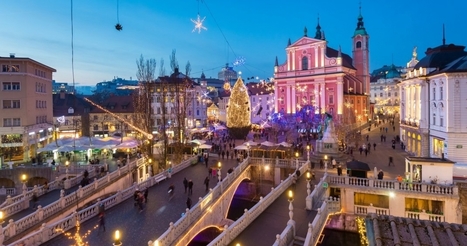


 Your new post is loading...
Your new post is loading...
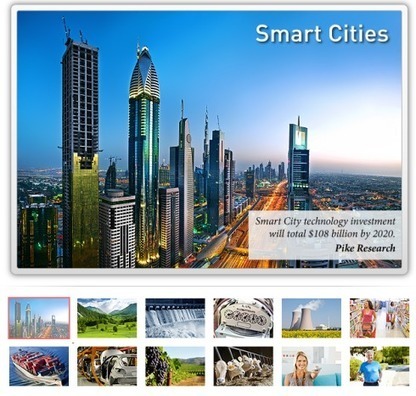



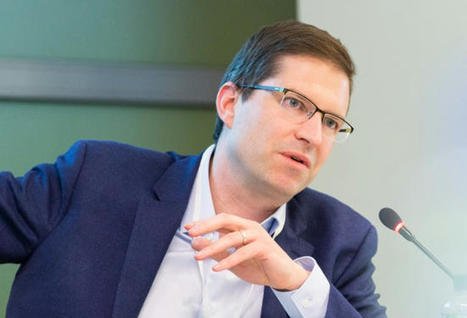
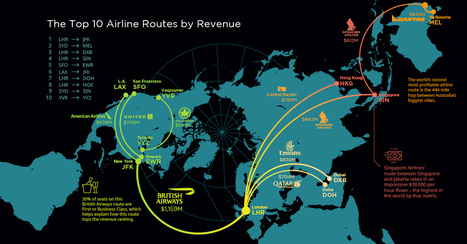


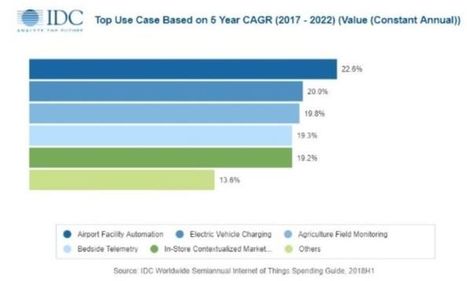
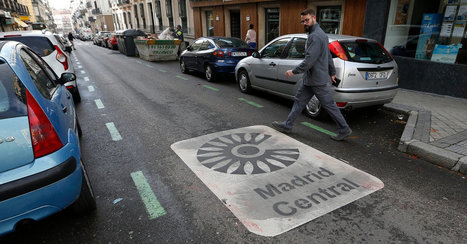





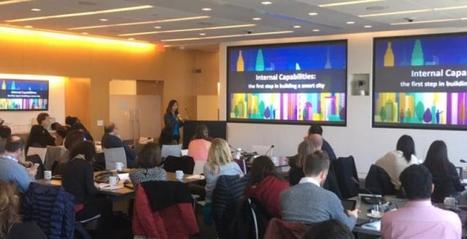
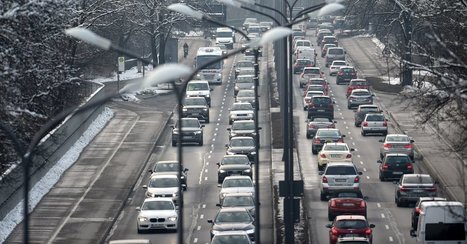



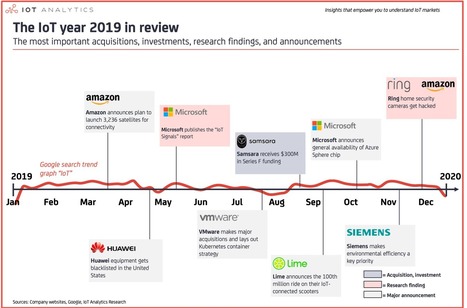
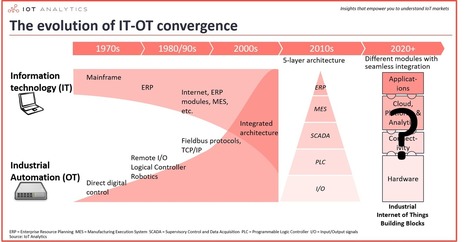
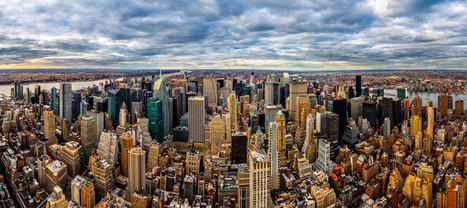
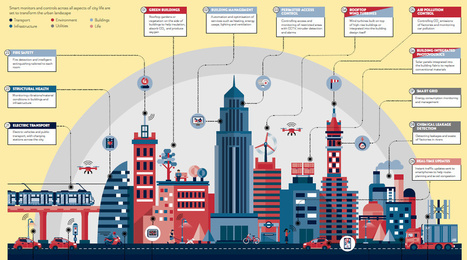


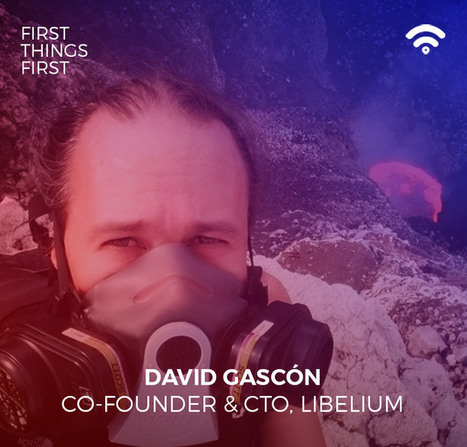


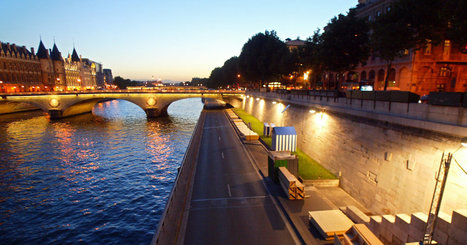








Ljubljana’s successful fight against traffic is one reason the European Commission named the city European Green Capital for 2016. That’s a title that has frequently gone to acknowledged leaders of the debate on urban sustainability, wealthy cities such as Copenhagen, Stockholm or Hamburg. The choice of Slovenia’s small capital shows that cities of modest size and means have lessons to offer, too. Smaller cities can make a staggering amount of change happen in a short period of time.